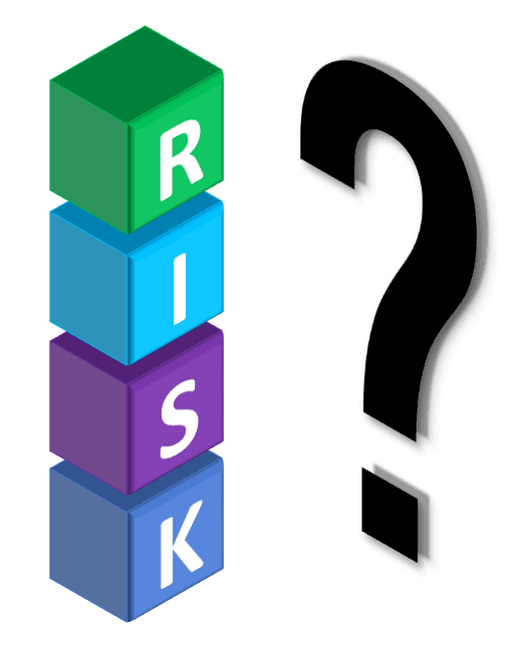This post continues the discussion of The Dumb Things Smart People Do With Their Money, by CBS News Business Analyst Jill Schlesinger.
#5: Buying a house when you should rent. The author bursts the bubble on the long-standing American dream of being a homeowner. She has seen folks go overboard on home purchases while failing to take a full account of the annual costs (mortgages, taxes, insurance, annual maintenance). She has seen folks bet on increases in the value of their homes that never materialize. And she has watched folks deal with headache-upon-headache as they attempt to reap big gains as landlords. In short, homeownership isn’t a bed of roses. As one who has had to spend money on roofing, fencing, painting, HVAC systems, water heaters, and a host of equally unglamorous expenditures, I take her caution to heart. However, we enjoy having a nice place to live that isn’t subject to escalating rental rates or forced relocation at the lease’s end. We also bought a modest property that is well within our budget. So, I think the better advice is simply to have a really sharp pencil and a really sharp mind when making housing decisions.
 #6: Taking on too much risk. My parents had an elderly friend years ago who bragged about an investment opportunity in which she was guaranteed a 24% return. She was so enthusiastic about it that she invested the majority of her retirement savings in it. Within 2 years, her money had all but evaporated, and she went back to work. Like it or not, there’s a relationship between risk and return. The higher the return, the less predictable the reward and the more volatile the year-to-year performance. If you don’t have the stomach to ride the highs and lows of the investment (e.g., the stock market), then you may not be well-served dipping you toes in it. Over the years, I’ve erred on the side of caution. I worked very hard for the money I earned and hated putting it at risk. But I’ve since learned the value of a balanced portfolio with fixed income and equity investments. And I don’t panic and sell every time values take a dip!
#6: Taking on too much risk. My parents had an elderly friend years ago who bragged about an investment opportunity in which she was guaranteed a 24% return. She was so enthusiastic about it that she invested the majority of her retirement savings in it. Within 2 years, her money had all but evaporated, and she went back to work. Like it or not, there’s a relationship between risk and return. The higher the return, the less predictable the reward and the more volatile the year-to-year performance. If you don’t have the stomach to ride the highs and lows of the investment (e.g., the stock market), then you may not be well-served dipping you toes in it. Over the years, I’ve erred on the side of caution. I worked very hard for the money I earned and hated putting it at risk. But I’ve since learned the value of a balanced portfolio with fixed income and equity investments. And I don’t panic and sell every time values take a dip!
#7: Failing to protect your identity. I’ve written a blog post on this subject where I lay out the 7 key steps that I follow to protect our identities. I take the author’s admonition to change passwords for on-line access to financial accounts seriously. Even though I use complex passwords, it’s still a good idea to change things up periodically. Where available, I also sign up for two-factor authentication – i.e., a logon password plus entry of a code sent to my cell phone. (Read the blog!)
#8: Indulging yourselves too much in your early retirement years. We have yet to retire, but I doubt that this problem will surface for us. I understand the temptation. It goes something like this: “I’ve worked hard all my life. Now that I’m retired, I’m going to live it up and do all of the things that I’ve always wanted to do.” I’m all for it assuming that the dollars and cents support the dreams. I temper our enthusiasm with an Excel spreadsheet that I created to capture our anticipated income streams and expenses going out through age 100. (Respected financial planners at a former client go out to age 95.) I’ll tell you this: It takes a pretty good chunk of change to finance a long life, especially if there’s infirmity at the end of it. I update my spreadsheet every year. If we fall outside of our capacity to fund our old age, we make adjustments. I’d rather make a few sacrifices today than find myself destitute when I haven’t got the means to bolster my personal treasury.